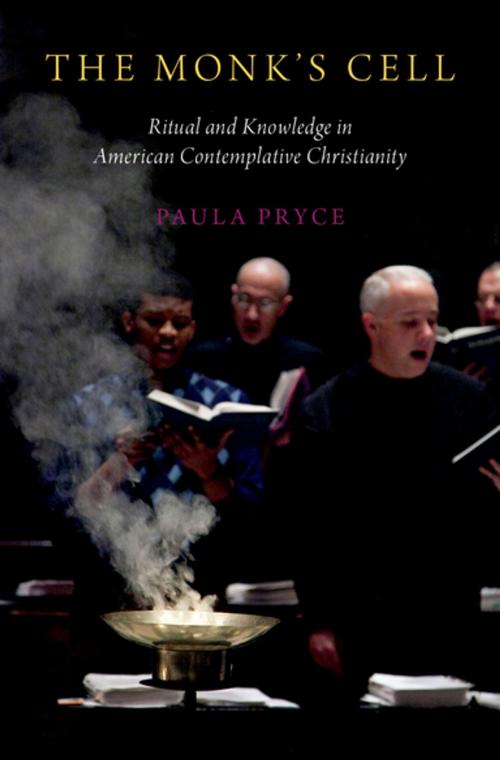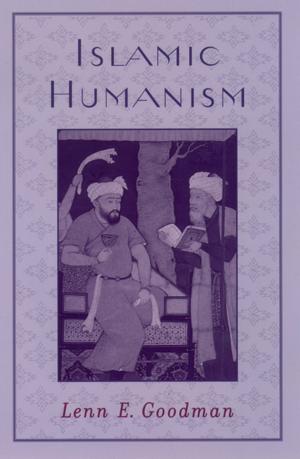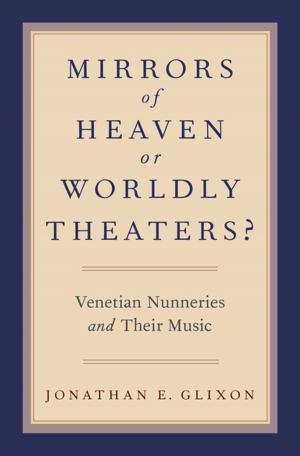The Monk's Cell
Ritual and Knowledge in American Contemplative Christianity
Nonfiction, Social & Cultural Studies, Social Science, Anthropology, Religion & Spirituality, Theology, Christianity| Author: | Paula Pryce | ISBN: | 9780190680602 |
| Publisher: | Oxford University Press | Publication: | November 22, 2017 |
| Imprint: | Oxford University Press | Language: | English |
| Author: | Paula Pryce |
| ISBN: | 9780190680602 |
| Publisher: | Oxford University Press |
| Publication: | November 22, 2017 |
| Imprint: | Oxford University Press |
| Language: | English |
The call to contemplative Christianity is not an easy one. Those who answer it set themselves to the arduous task of self-reformation through rigorous study and practice, learned through the teachings of monks and nuns and the writings of ancient Christian mystics, often in isolation from family and friends. Those who are dedicated can spend hours every day in meditation, prayer, liturgy, and study. Why do they come? Indeed, how do they find their way to the door at all? Based on nearly four years of research among semi-cloistered Christian monastics and a dispersed network of non-monastic Christian contemplatives across the United States and around the globe, The Monk's Cell shows how religious practitioners in both settings combined social action and intentional living with intellectual study and intensive contemplative practices in an effort to modify their ways of knowing, sensing, and experiencing the world. Organized by the metaphor of a seeker journeying towards the inner chambers of a monastic chapel, The Monk's Cell uses innovative "intersubjective fieldwork" methods to study these opaque, interiorized, often silent communities, in order to show how practices like solitude, chant, contemplation, attention, and a paradoxical capacity to combine ritual with intentional "unknowing" develop and hone a powerful sense of communion with the world.
The call to contemplative Christianity is not an easy one. Those who answer it set themselves to the arduous task of self-reformation through rigorous study and practice, learned through the teachings of monks and nuns and the writings of ancient Christian mystics, often in isolation from family and friends. Those who are dedicated can spend hours every day in meditation, prayer, liturgy, and study. Why do they come? Indeed, how do they find their way to the door at all? Based on nearly four years of research among semi-cloistered Christian monastics and a dispersed network of non-monastic Christian contemplatives across the United States and around the globe, The Monk's Cell shows how religious practitioners in both settings combined social action and intentional living with intellectual study and intensive contemplative practices in an effort to modify their ways of knowing, sensing, and experiencing the world. Organized by the metaphor of a seeker journeying towards the inner chambers of a monastic chapel, The Monk's Cell uses innovative "intersubjective fieldwork" methods to study these opaque, interiorized, often silent communities, in order to show how practices like solitude, chant, contemplation, attention, and a paradoxical capacity to combine ritual with intentional "unknowing" develop and hone a powerful sense of communion with the world.















